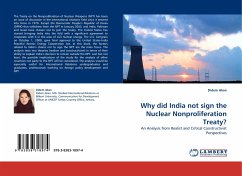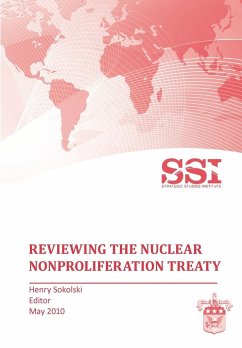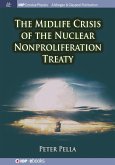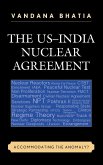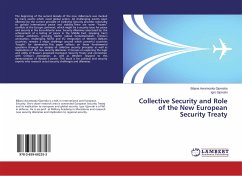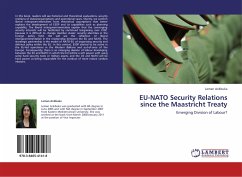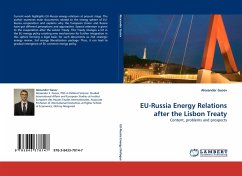The Treaty on the Nonproliferation of Nuclear Weapons (NPT) has been an issue of discussion in the international relations field since it entered into force in 1970. Except the Democratic People s Republic of Korea (DPRK) that withdrew from the NPT in January 2003, and India, Pakistan and Israel have chosen not to join the treaty. The United States has started bringing India into the fold with a significant agreement to cooperate with it in the area of civil nuclear energy. The U.S. Congress on October 1, 2008, gave final approval to the United States-India Peaceful Atomic Energy Cooperation Act. In this book, the factors related to India s choice not to sign the NPT are the main focus. The analysis tests two theories (realism and constructivism) in terms of their ability to explain India s decision to remain outside the NPT. Last but not least, the possible implications of the study for the analysis of other countries not party to the NPT will be considered. The analysis would be especially useful for International Relations undergraduates and graduates, professionals working on foreign policy development and NPT.

